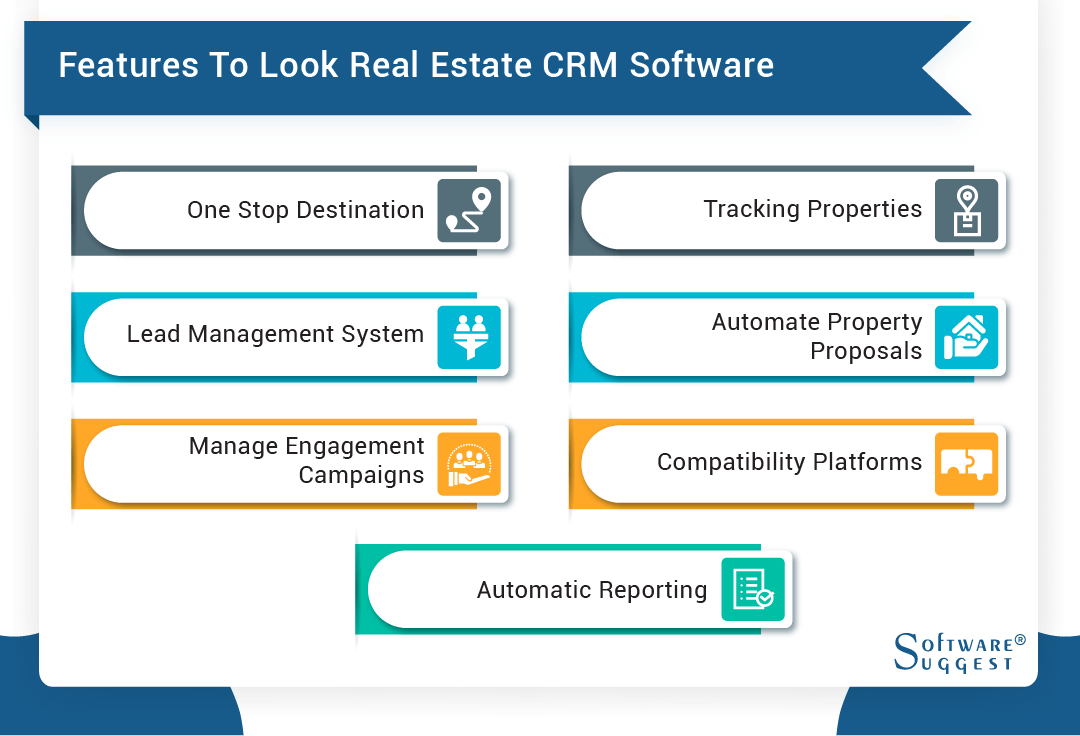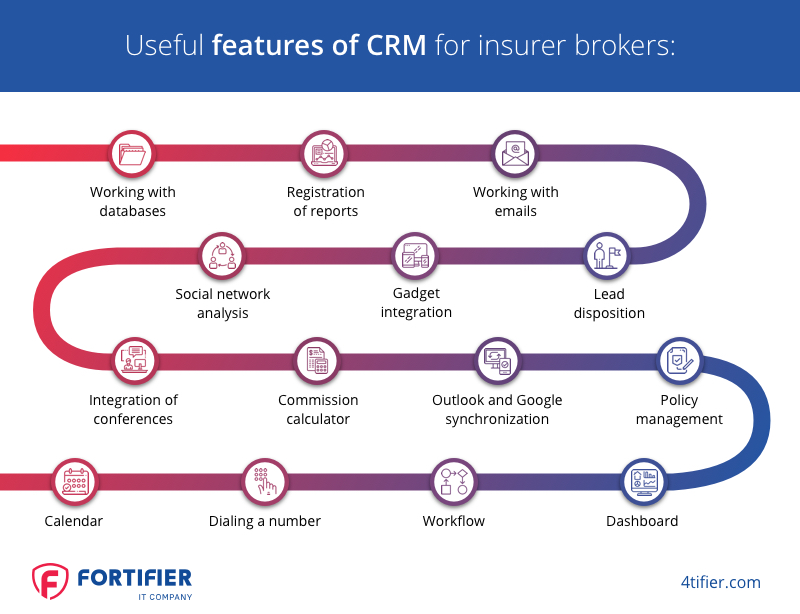In the dynamic business landscape, CRM for agents has emerged as an indispensable tool, empowering agents to achieve unprecedented levels of productivity and efficiency. By harnessing the power of CRM systems, agents can streamline their workflows, enhance customer interactions, and drive business success.
CRM systems tailored for agents provide a comprehensive suite of features, including contact management, lead tracking, and opportunity management, enabling agents to stay organized, track their progress, and identify potential sales opportunities with ease.
CRM for Agents
Customer Relationship Management (CRM) has become indispensable for agents in today’s competitive business landscape. A robust CRM system empowers agents to manage their interactions with customers, streamline their workflows, and enhance their productivity and efficiency.
Implementing a CRM system for agents offers numerous benefits, including improved customer service, increased sales conversion rates, and enhanced team collaboration.
Benefits of CRM for Agents
- Centralized Customer Data:CRM systems provide a centralized repository for all customer-related data, including contact information, purchase history, and communication history. This enables agents to access a comprehensive view of each customer’s interactions with the company, allowing them to provide personalized and efficient service.
- Automated Workflows:CRM systems can automate repetitive tasks, such as scheduling appointments, sending follow-up emails, and generating reports. This frees up agents’ time, allowing them to focus on more complex and value-added activities.
- Improved Communication:CRM systems facilitate seamless communication between agents and customers through multiple channels, such as email, phone, and live chat. This ensures that customers receive prompt and consistent responses to their inquiries.
- Enhanced Collaboration:CRM systems foster collaboration among agents by providing a shared platform for managing customer interactions. Agents can easily share notes, update customer records, and track the progress of cases, ensuring that customers receive a cohesive and coordinated experience.
Examples of CRM Enhancing Agent Productivity
- Quick Access to Customer Information:Agents can instantly retrieve customer data, such as contact details, purchase history, and previous interactions, with just a few clicks. This eliminates the need for manual searches and saves valuable time.
- Automated Task Management:CRM systems can automatically assign tasks to agents based on their skills and availability. This ensures that tasks are handled efficiently and reduces the risk of errors.
- Real-Time Reporting:CRM systems provide real-time insights into agent performance, customer satisfaction, and sales trends. This information enables managers to identify areas for improvement and make data-driven decisions.
Key Features of CRM for Agents

A CRM system tailored for agents provides a comprehensive suite of features designed to empower them with the tools they need to succeed. These features include contact management, lead tracking, opportunity management, automation, and reporting.
Contact Management
Contact management is a critical feature of any CRM system. It allows agents to easily store and organize information about their contacts, including their name, address, phone number, email address, and social media profiles. This information can be used to track interactions with contacts, send personalized messages, and manage follow-up activities.
Lead Tracking
Lead tracking is another essential feature of a CRM system for agents. It allows agents to track the progress of leads through the sales pipeline. This information can be used to identify which leads are most likely to convert into customers, and to prioritize follow-up activities accordingly.
Opportunity Management
Opportunity management is a feature of a CRM system that allows agents to track the progress of sales opportunities. This information can be used to identify which opportunities are most likely to close, and to prioritize follow-up activities accordingly.
Automation
Automation is a powerful feature of a CRM system that can help agents to streamline their workflows. Automation can be used to automate tasks such as sending follow-up emails, scheduling appointments, and creating reports. This can free up agents’ time so that they can focus on more important tasks, such as building relationships with customers.
Reporting
Reporting is a feature of a CRM system that allows agents to track their progress and identify areas for improvement. Reports can be used to track key metrics such as the number of leads generated, the number of opportunities closed, and the amount of revenue generated.
This information can be used to identify trends and make informed decisions about how to improve sales performance.
Choosing the Right CRM for Agents
Selecting the optimal CRM for agents requires careful evaluation of various systems. Key factors to consider include the industry in which the agents operate, the size of the company, and the specific needs of the agents. It is crucial to align the CRM with the business goals and objectives to ensure effective utilization.
Evaluating Different CRM Systems
When evaluating CRM systems, agents should consider the following:
Industry-specific features
Choose a CRM tailored to the unique requirements of the industry, such as real estate, insurance, or healthcare.
Company size
Consider the number of agents and the scale of operations to determine the appropriate CRM size and capabilities.
Agent-specific needs
Identify the specific tasks and processes that agents need to manage, such as lead generation, customer relationship management, or task tracking.
Integration with other systems
Ensure the CRM integrates seamlessly with existing software and tools, such as email, calendar, and accounting systems.
Ease of use
Select a CRM with an intuitive interface and user-friendly design to facilitate adoption and minimize training time.
Implementing and Using CRM for Agents
Implementing a customer relationship management (CRM) system for agents involves several key steps:* Planning and Preparation:Define the goals, objectives, and requirements for the CRM system. Determine the specific functionalities needed and the integration points with other systems.
System Selection
Evaluate and select a CRM system that meets the identified requirements. Consider factors such as features, usability, scalability, and cost.
Implementation
Install and configure the CRM system. Migrate data from existing systems and establish integrations with other relevant applications.
Training and Adoption
Train agents on the CRM system’s functionality and best practices. Ensure that agents understand the benefits and value of using the system.
Ongoing Support and Optimization
Provide ongoing support to agents and monitor system usage. Identify areas for improvement and make adjustments to maximize utilization and effectiveness.
Best Practices for Maximizing CRM Utilization
* Centralize Customer Data:Consolidate all customer-related information in the CRM system to provide agents with a comprehensive view of each customer.
Automate Workflows
Use the CRM system to automate repetitive tasks, such as lead assignment, appointment scheduling, and follow-up emails.
Track and Measure Performance
Use the CRM system to track key performance indicators (KPIs) related to agent productivity, customer satisfaction, and sales performance.
Foster Collaboration
Enable agents to collaborate with each other and with other departments within the organization through the CRM system.
Provide Self-Service Options
Offer customers self-service options through the CRM system, such as knowledge bases, FAQs, and online chatbots, to reduce agent workload and improve customer satisfaction.
Case Studies and Success Stories
Businesses of all sizes have successfully implemented CRM for agents, resulting in significant improvements in agent performance and customer satisfaction. Here are a few notable case studies:
Reduced Call Handling Time and Improved Customer Satisfaction
A leading telecommunications company implemented a CRM system for its agents. The system provided agents with a centralized view of customer data, including past interactions, account information, and service history. As a result, agents were able to resolve customer issues more quickly and efficiently, reducing call handling time by 25% and improving customer satisfaction by 15%.
Increased Sales Conversion Rates and Improved Customer Relationships
A real estate brokerage firm implemented a CRM system to track customer interactions and manage leads. The system helped agents nurture leads, automate follow-up communications, and identify potential sales opportunities. As a result, the firm increased its sales conversion rate by 10% and improved customer relationships by 20%.
Improved Agent Productivity and Reduced Turnover
A large healthcare provider implemented a CRM system to streamline agent workflows and improve productivity. The system provided agents with tools for scheduling appointments, managing tasks, and tracking patient information. As a result, agents were able to handle more cases per day, reducing turnover by 12% and improving patient satisfaction by 18%.
Future Trends in CRM for Agents
The future of CRM for agents is bright, with emerging technologies poised to transform the way agents interact with customers and manage their relationships. Artificial intelligence (AI) and machine learning (ML) are at the forefront of these advancements, promising to automate tasks, enhance customer experiences, and drive agent productivity.
One key trend is the integration of AI-powered chatbots and virtual assistants into CRM systems. These chatbots can handle routine inquiries, freeing up agents to focus on more complex tasks that require human interaction. Additionally, AI can analyze customer data to identify patterns and trends, providing agents with valuable insights into customer behavior and preferences.
Machine Learning and Predictive Analytics
Machine learning algorithms can analyze vast amounts of customer data to identify patterns and predict future behavior. This information can be used to personalize marketing campaigns, offer proactive support, and identify potential risks or opportunities. For example, a CRM system with ML capabilities can analyze a customer’s purchase history and browsing behavior to recommend relevant products or services.
Integration with Other Business Systems
CRM systems are becoming increasingly integrated with other business systems, such as marketing automation platforms, e-commerce platforms, and customer support ticketing systems. This integration allows agents to access a comprehensive view of the customer across all touchpoints, enabling them to provide a seamless and consistent experience.
Focus on Customer Experience, Crm for agents
As customer expectations continue to rise, CRM systems are evolving to focus on delivering exceptional customer experiences. This includes providing personalized interactions, resolving issues quickly and efficiently, and building long-term relationships with customers. CRM systems with AI capabilities can analyze customer feedback and identify areas for improvement, helping agents to continuously enhance their service.
Final Summary

As CRM technology continues to evolve, agents can expect to leverage emerging trends such as artificial intelligence (AI) and machine learning (ML), which will further transform their workflows and enhance their ability to deliver exceptional customer experiences. By embracing CRM, agents can unlock their full potential and become true drivers of business growth.